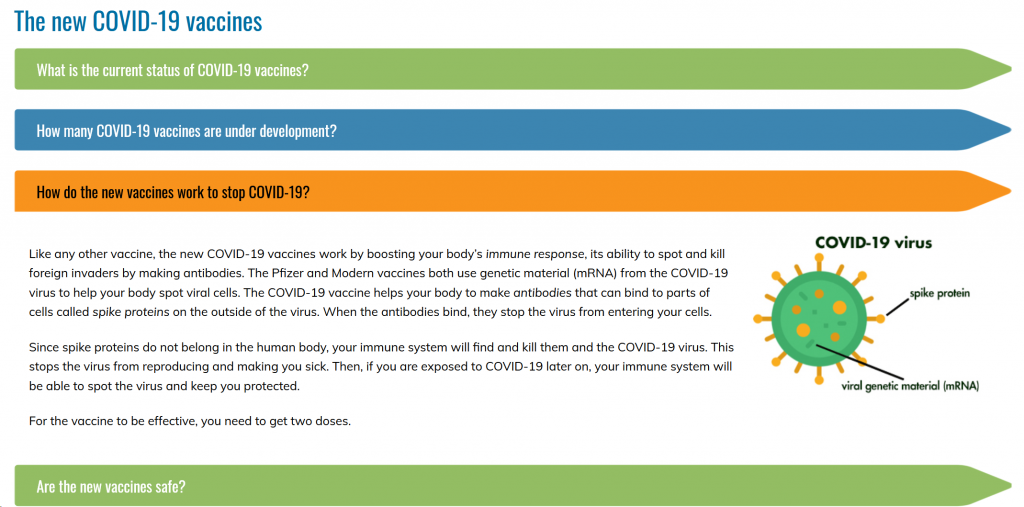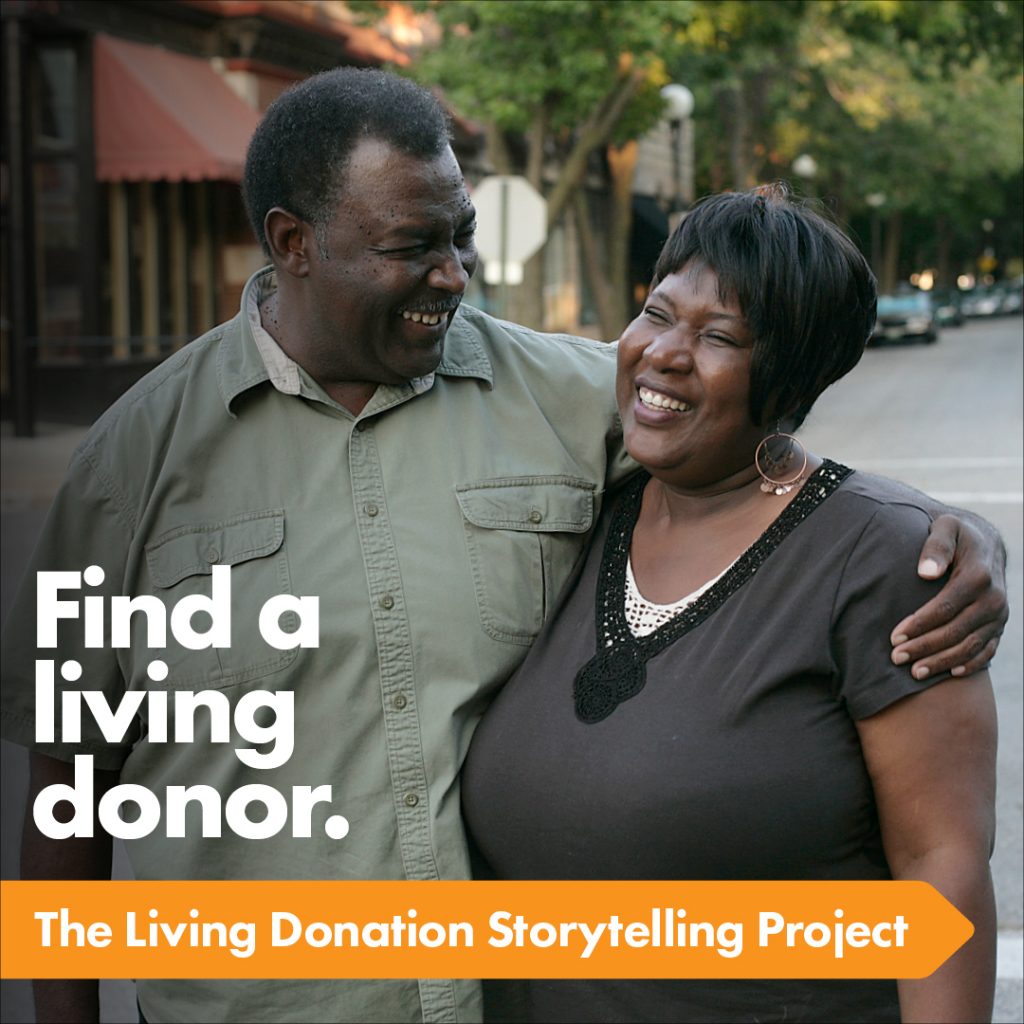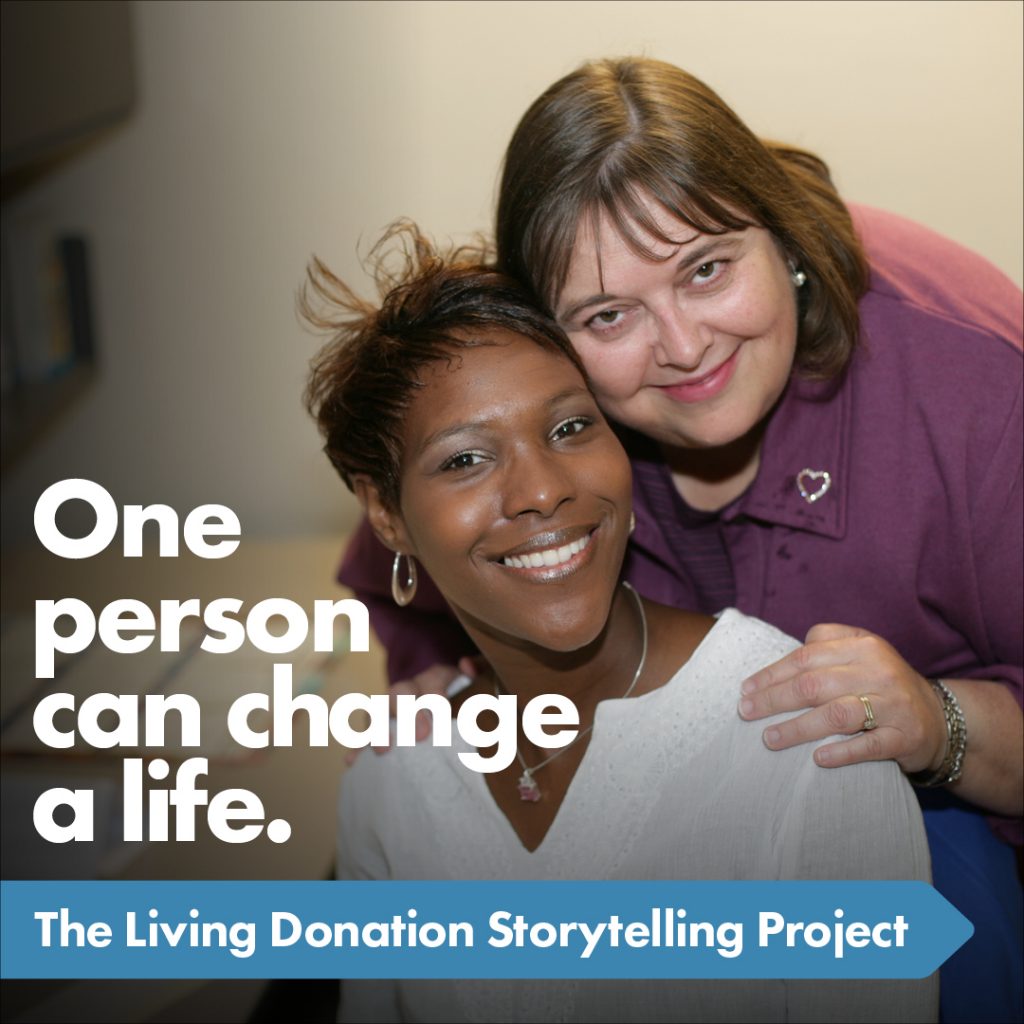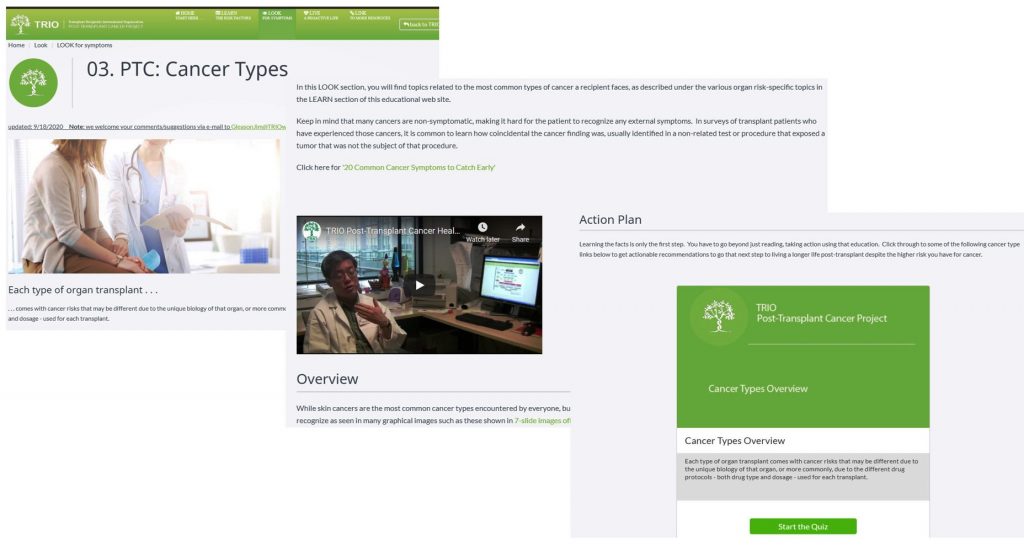By Brian Ha, Intern
With 2020 winding down, let’s take a moment to reflect on all that we have accomplished this year for the transplant and living donation community. Together with our partners, we launched the COVID-19 Kidney / Transplant Listening and Resource Center, designed new education for living donors and transplant recipients in partnership with the community, presented our work on digital storytelling and innovative education tools at talks and conferences hosted by the American Transplant Congress, Astellas Pharma Inc., One Lambda Inc., the 2020 Canadian Society of Transplantation Virtual Forum, and continued training new researchers and scientists in the field. We also published more than 20 new papers, book chapters, abstracts, and commentaries. This year we faced unprecedented challenges due to the COVID-19 pandemic, but we were able to pull together to meet those challenges in new and innovative ways to support highly at-risk patients. The transition to the remote environment has led us to some of our best projects yet!
In record time, TREC developed Doing everything you can during COVID-19, an educational guide and made it freely available online and at UCLA Health to support kidney and transplant patients and their unique concerns. We’ve just updated the guide to include FAQs about the new vaccines! The guide describes basic safety measures, how to safely maintain a kidney, dialysis or transplant care regimen during COVID-19, how to make choices about pursuing transplant during the pandemic, and ways to stay calm and supported. The full guide is also available in Spanish. We developed the guide in collaboration with a patient panel, health literacy experts, and medical and infectious disease experts. It was awarded the first-place ClearMark Award for COVID-19 Patient Guide by the Center for Plain Language.
In June, we launched the COVID-19 Kidney Transplant Listening & Resource Center (KTLRC) to directly answer patient questions, listen to their experiences navigating remote and in-person healthcare, and to provide support. The KTLRC was a toll-free call center that allows patients, their loved ones, and caregivers to share their questions and concerns with our trained staff. We connected patients to financial assistance options and mental health support options. In partnership with patients and living donors, we also published Amplifying the Patient Voice: Key Priorities and Opportunities for Improved Transplant and Living Donor Advocacy and Outcomes During COVID-19 and Beyond to highlight the many areas where we can improve health outcomes and the patient experience through advocacy activities.
We also had the privilege of working on two cancer-related projects with Transplant Recipient International (TRIO) and with UCLA Health. With contributed to the TRIO Post-Transplant Cancer Project, an educational website designed to teach transplant recipients about their increased cancer risk post-transplant, proactive prevention and screening activities, common treatment options, and ways to live well. We partnered with UCLA Health and the Lymphoma and Leukemia care teams to begin creating modular, health literate, and engaging education including print, web, and video materials tailored to the needs of patients treated at UCLA.
In the digital storytelling space, we launched an exciting six-month social media campaign to increase awareness of the Living Donation Storytelling Project and the need for living kidney donors. The campaign was launched as a partnership with One Lambda Inc, TIBI, and TREC. The goal of the campaign is to gather more video stories, amplify patient and donor voices, and inspire more people to learn about living donation. The video stories are a great resource to supplement traditional educational practices and materials, and especially during a year when many in-person support groups and mentoring programs have been put on hold at transplant centers. Dr. Waterman also gave many talks this year about the impact and potential of our storytelling work, reaching more than 1,000 providers in the US and Canada, and also hosted a panel discussion with living donors and transplant recipients. To view some of our past presentations and events, visit here. To support our work on digital storytelling, please visit our fundraising page here.

 We are tremendously grateful for our partners who made all of the work possible: our interns and work-study students, TREC Fellows, the Terasaki Institute for Biomedical Innovation, UCLA Health, the National Kidney Registry, One Lambda Inc., Canadian Blood Services, Health Literacy Media, 501Creative, StoryTap, Transplant Recipients International, Kaiser Permanente Southern California, and the many individual patients, living donors, organizations, and funders who collaborated and supported our work this year. If we’ve learned anything this year, it is that our community is able to come together to make innovations possible for patients even in the most difficult of times. We wish you a happy and safe new year!
We are tremendously grateful for our partners who made all of the work possible: our interns and work-study students, TREC Fellows, the Terasaki Institute for Biomedical Innovation, UCLA Health, the National Kidney Registry, One Lambda Inc., Canadian Blood Services, Health Literacy Media, 501Creative, StoryTap, Transplant Recipients International, Kaiser Permanente Southern California, and the many individual patients, living donors, organizations, and funders who collaborated and supported our work this year. If we’ve learned anything this year, it is that our community is able to come together to make innovations possible for patients even in the most difficult of times. We wish you a happy and safe new year!


